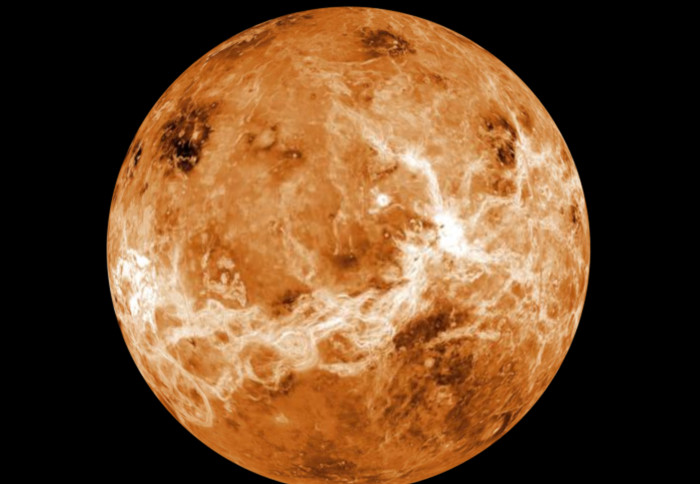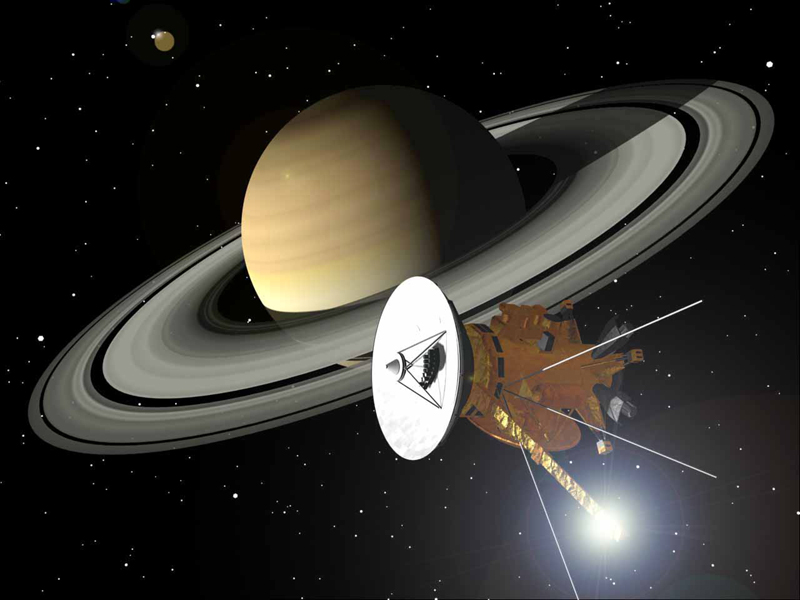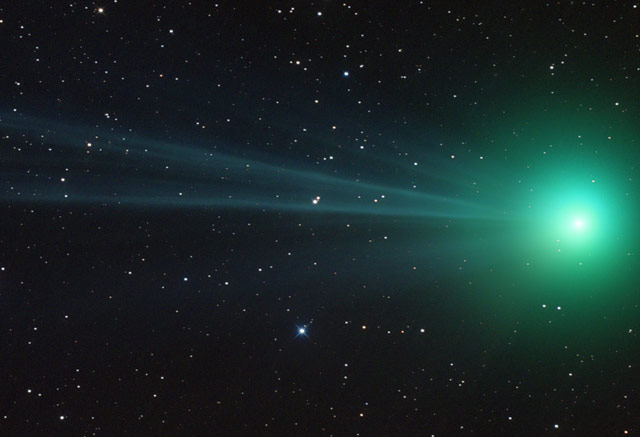Hello everybody!
Here is this week's article:
Asteroid Facts for Kids
Observers used to call them vermin of the skies. Asteroids weren't interesting and their streaks ruined sky photos. But not any more! We know that they can tell us about the early Solar System, one of them may have meant the end of the dinosaurs, and there could be more heading our way.
http://www.bellaonline.com/articles/art33501.asp
*Lunar Eclipse*
On December 10, it's the last total lunar eclipse until 2014. Asia, Australia and New Zealand will get the entire eclipse. South America will mostly not see any of it. If you live in the western USA you might see the eclipse until totality – though it does mean getting up early! Since it will be low in the sky, it should be quite spectacular. If the weather is clear, definitely worth rising early. (Have a siesta later.) The rest of the country will see less of it, but later. And the moon will only still be slightly eclipsed as it sets in western Europe.
The details of who will see what – and when - are complex for this eclipse. However Earthsky has a good account of i at http://earthsky.org/astronomy-essentials/when-is-the-next-total-lunar-eclipse-for-north-america
*Happy birthday, Annie Cannon*
Annie Jump Cannon, an astronomer who classified nearly a quarter of a million stars, was born on December 11, 1863. In 1932 she won the Ellen Richards award to help women scientists. It was then decided to discontinue this award, because women had achieved equality. Annie disagreed that this was true and used the prize money to fund her own award, which is still given to help women working on a PhD in astronomy. There are some very well known names that were aided at a crucial point in their carrers.
Annie Jump Cannon
Oh! Be a fine girl (guy)--kiss me! This is the traditional mnemonic for the way stars are classified: OBAFGKM. Find out about the astronomer and suffragette who devised the system and who said that astronomical spectroscopy made it "almost as if the distant stars had acquired speech."
http://www.bellaonline.com/articles/art28074.asp
*The Geminids*
Geminid meteors should already be appearing now and are expected to peak on Tuesday/Wednesday, that's late December 13 - early morning of December14. As with the August Perseids, they will be partly washed out by a gibbous Moon, but could still be worth seeing. Usually the Geminids are one of the delights of the year's meteor watching. http://www.spacedex.com/geminids/
For more about meteor showers, see http://www.bellaonline.com/articles/art27461.asp
That's all for now. Wishing you clear skies.
Please visit astronomy.bellaonline.com for even more great content about Astronomy.
To participate in online discussions, this site has a community forum all about Astronomy located here - http://forums.bellaonline.com/ubbthreads.php?ubb=postlist&Board=323
I hope to hear from you sometime soon, either in the forum or in response to this email message. I welcome your feedback!
Do pass this message along to family and friends who might also be interested. Remember it's free and without obligation.
Mona Evans,
Astronomy Editor BellaOnline
.
astronomy Newsletter








